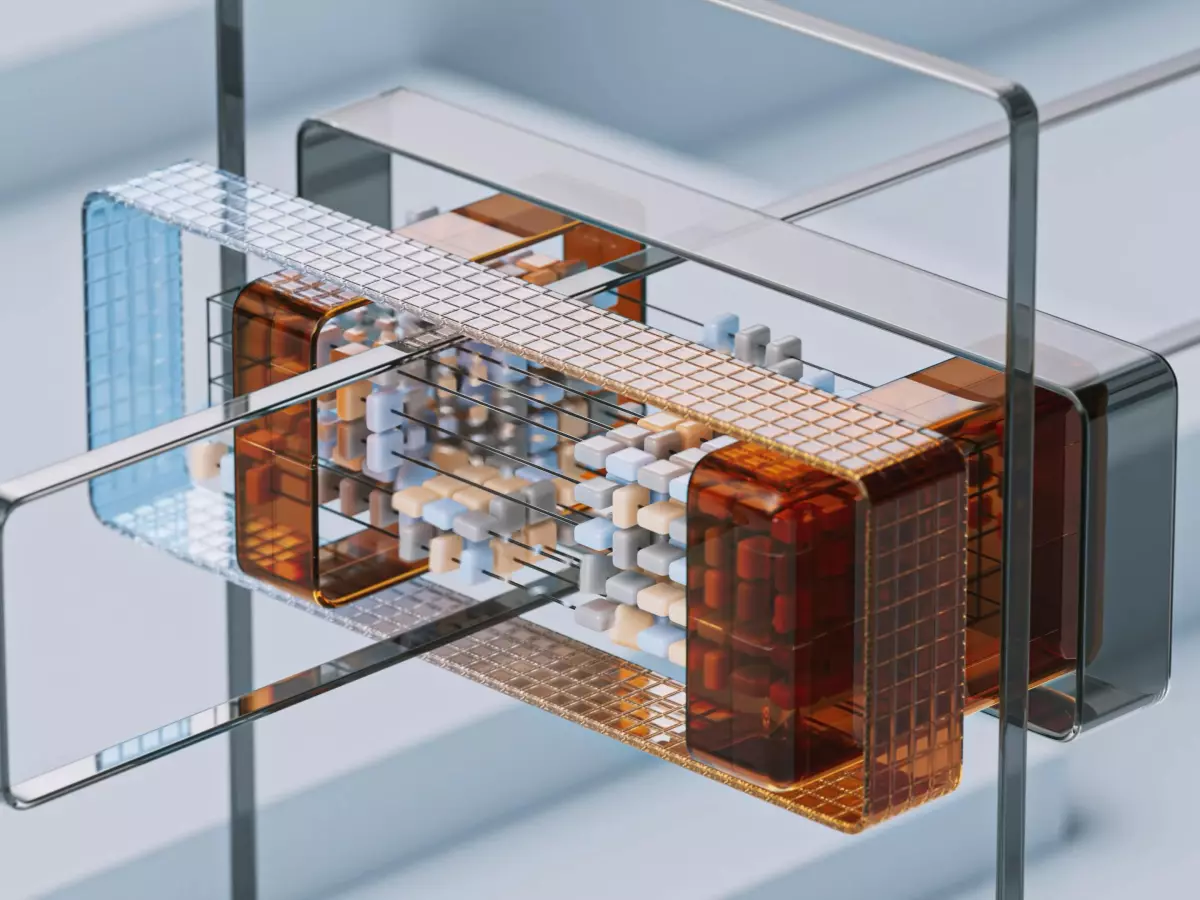AI Inference Revolution
Imagine you're trying to teach a robot to recognize a cat. You show it thousands of images, and it slowly learns. But when it comes to recognizing that cat in real-time—like, right now—that's where AI inference chips come in. They take all that learning and make it happen instantly. And guess what? These chips are about to get a major upgrade.

By Hiroshi Tanaka
Recogni, a startup that initially focused on edge AI chips, has just announced a major pivot. They're now diving headfirst into the world of data center AI inference chips, specifically targeting generative AI (genAI). If you're wondering why this matters, let me break it down for you.
AI inference is the process of applying a trained model to new data. Think of it as the moment when your AI system actually makes decisions based on what it has learned. In the past, this was mostly done on the edge—like in your smartphone or your smart home device. But now, with the explosion of genAI, the demand for powerful inference in data centers is skyrocketing. And that's where Recogni's pivot comes in.
According to EE Times, Recogni is shifting its focus to develop AI inference chips specifically for data centers. Why? Because the future of AI isn't just about training models—it's about making those models work in real-time, at scale, and in a way that doesn't melt your servers.
Why Should You Care?
Okay, so maybe you're not running a data center. But if you're in any industry that relies on AI—whether it's healthcare, finance, or even gaming—this shift is going to impact you. AI inference chips are designed to handle the massive computational loads required by genAI models, which are becoming more and more essential in various sectors. From generating realistic images to predicting stock market trends, genAI is everywhere. And without powerful inference chips, none of it would be possible.
Think of it this way: AI inference chips are like the engine in a sports car. You can have the sleekest, most advanced car in the world, but without a powerful engine, it's not going anywhere fast. Similarly, you can have the most sophisticated AI model, but without the right hardware to run it, you're stuck in the slow lane.
The Data Center Shift
Recogni's move to focus on data centers isn't just a business decision; it's a reflection of where the entire AI industry is headed. As AI models become more complex, the need for specialized hardware to handle inference is growing. Data centers are the backbone of this transformation, providing the infrastructure needed to run these models at scale.
But here's the kicker: data centers are also under pressure to be more energy-efficient. AI inference chips like the ones Recogni is developing are designed to be both powerful and energy-efficient, making them a perfect fit for the growing demands of genAI. So, not only are these chips going to make AI faster, but they're also going to help reduce the environmental impact of running massive data centers.
What’s Next?
As AI continues to evolve, the demand for real-time, scalable inference is only going to increase. Companies like Recogni are positioning themselves to be at the forefront of this shift, and if you're in the tech space, it's something you should definitely keep an eye on. Whether you're building AI models or just using them, the hardware that powers those models is about to get a serious upgrade.
So, what's the takeaway here? AI inference chips are no longer just a niche technology for edge devices. They're becoming a critical component of the AI ecosystem, especially as genAI continues to grow. If you're in any industry that relies on AI, now is the time to start paying attention to what's happening in the world of AI hardware. The future of AI isn't just about software—it's about the chips that make it all possible.
And trust me, you don't want to be left in the dust when the AI revolution hits full throttle.





